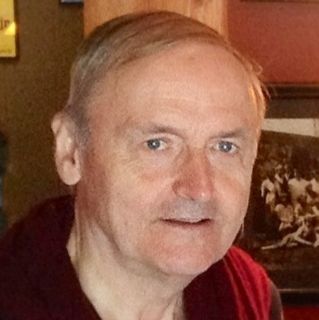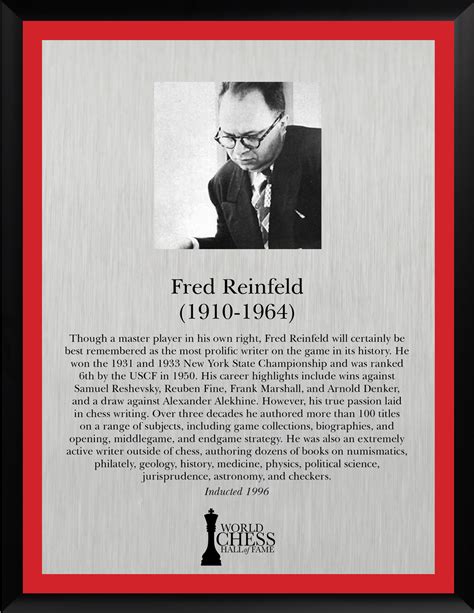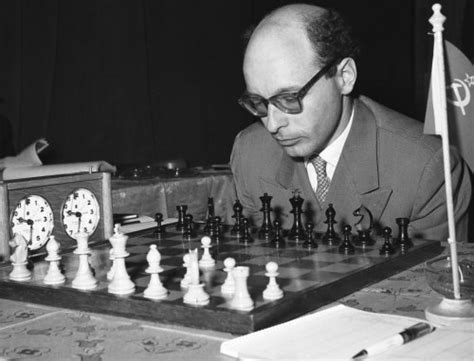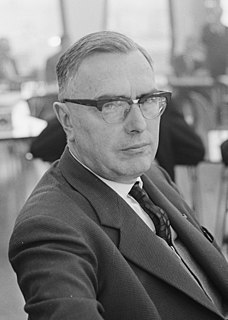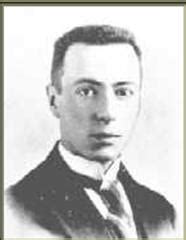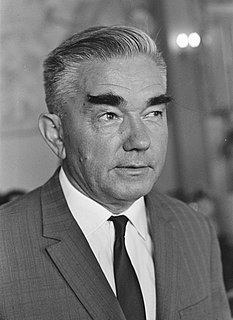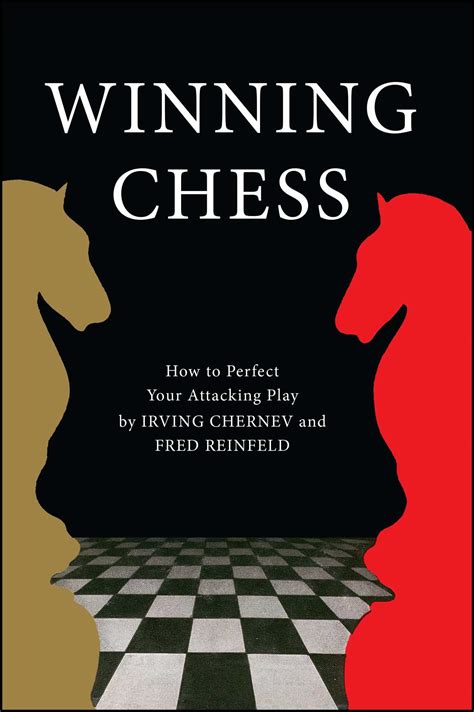Top 30 Capablanca Quotes & Sayings
Explore popular Capablanca quotes.
Last updated on April 14, 2025.
As with Steinitz, Fischer's genius has often been concealed by controversies away from the board. Like Lasker, Fischer has raised chess to new financial heights despite frequent retreats from serious play. And, like Capablanca, Fischer is recognized by millions of non-players and has won the game many new enthusiasts.
But the thing that was great about Capablanca was that he really spoke his mind, he said what he believed was true, he said what he felt. He [Capablanca] wanted to change the rules [of chess] already, back in the twenties, because he said chess was getting played out. He was right. Now chess is completely dead. It is all just memorisation and prearrangement. It's a terrible game now. Very uncreative.
One interesting indication of Capablanca's greatness is that to non-chess players his name was better known than the names of all other chess masters together! This was due partly to his engaging personality and distinguished appearance: he was one of those exceptional people who at once stand out in a crowd.
Many an expert says that there is a certain affinity between (Capablanca's style) and that of the world master, Lasker. There may be some truth in it. Lasker's style is clear water, but with a drop of poison which is clouding it. Capablanca's style is perhaps still clearer, but it lacks that drop of poison.
Capablanca used to talk calmly and moderately about everything. However, when our conversation turned to the problems of the battle for the world championship, in front of me was a quite different person: an enraged lion, although with the fervour typical only of a southerner, with his temperamental patter, which made it hard to follow the torrent of his indignant exclamations and words.
When I used to go to the Manhattan Chess Club back in the fifties, I met a lot of old-timers there who knew Capablanca, because he used to come around to the Manhattan club in the forties - before he died in the early forties. They spoke about Capablanca with awe. I have never seen people speak about any chess player like that, before or since.
For my victory over Capablanca I am indebted primarily to my superiority in the field of psychology. Capablanca played, relying almost exclusively on his rich intuitive talent. But for the chess struggle nowadays one needs a subtle knowledge of human nature, an understanding of the opponent's psychology.
